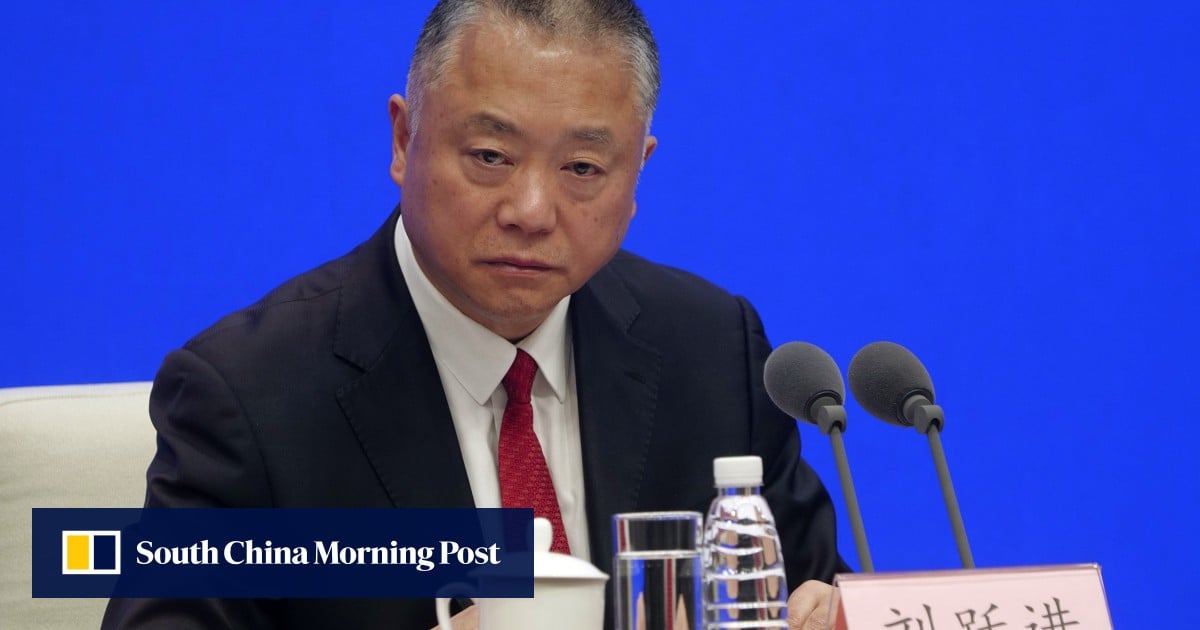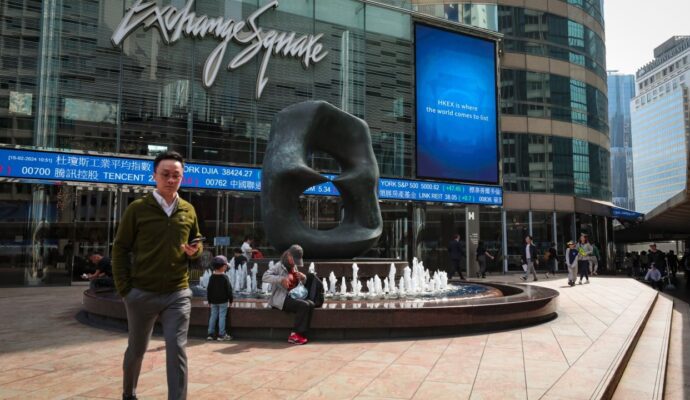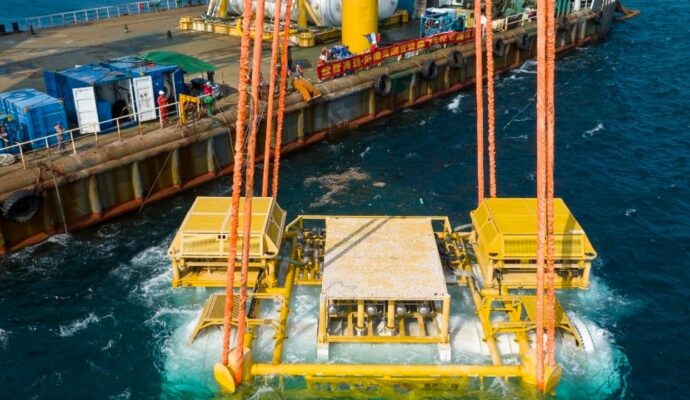
China’s first counterterrorism commissioner Liu Yuejin has been placed under investigation on suspicion of corruption as part of an ongoing drive targeting the security sector.
Liu, who stepped down from the anti-terror role in 2020, is the latest senior security official to fall following President Xi Jinping’s promise to “drive the blade inward”.
‘Voice of China’ echoes Xi’s call to double down against corruption
‘Voice of China’ echoes Xi’s call to double down against corruption
Liu became the country’s first anti-terror chief in December 2015 following a series of attacks across China, particularly one in March 2014 in Kunming, the capital of Yunnan province.
Dozens of people were killed after a gang of knife-wielding attackers rampaged through the city’s main railway station in an attack Beijing blamed on Xinjiang separatists.
In 2017, Liu took part in a People’s Armed Police rally in the western region, home to the Uygur minority, where more than 10,000 members of the force took an oath to fight terrorists and “maintain social stability”.
Liu emphasised that all levels of public security offices should always think about anti-terrorism and maintaining stability. “We should chase and suppress the terrorists, dig out those who are in hiding, fight them thoroughly and resolutely, in order to create peace and stability,” he said.
China’s Xi calls for loyalty and honesty from younger officials amid low morale
China’s Xi calls for loyalty and honesty from younger officials amid low morale
Before taking on the counterterrorism post, Liu, who described himself in interviews as a “grass-roots police officer”, spent more than 20 years tackling the drugs trade and became chief of the China National Narcotics Control Commission in May 2015.


